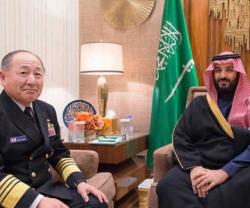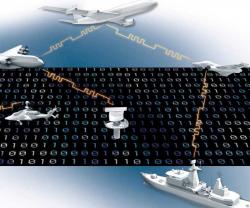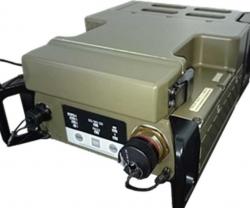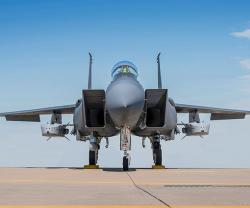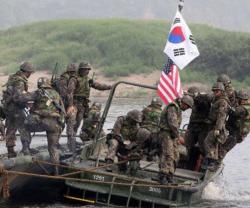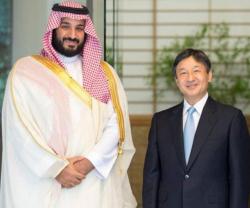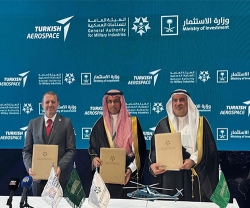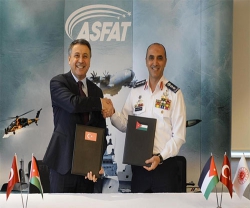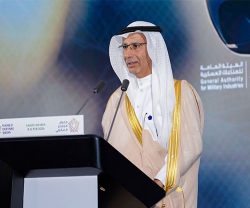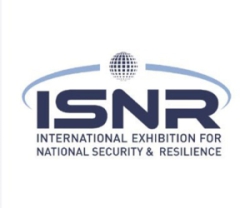South Korea and Japan signed a pact on Wednesday that allows the sharing of military intelligence in response to the growing threat posed by North Korea's nuclear and missile programs.
South Korean Defense Minister Han Min Koo and Japanese Ambassador Yasumasa Nagamine inked the deal, known as the General Security of Military Information Agreement, at South Korea’s Defense Ministry.
It will go into effect immediately as it does not require parliamentary ratification.
The signing of the controversial pact comes as South Korean President Park Geun Hye faces mounting public pressure to voluntarily step down or face impeachment in the wake of an influence-peddling scandal involving her longtime close friend.
Three South Korean opposition parties have strongly protested the deal with Japan and threatened to dismiss the country's defense minister if the government goes ahead with the signing.
Defense Ministry officials defended the deal as benefiting national security and argued a domestic political crisis should not interfere with national security matters.
Negative sentiments still linger among the South Korean public about closer military cooperation with Japan, which colonized the Korean Peninsula from 1910 to 1945.
The two neighboring countries reached an agreement to sign the pact earlier this month following the third round of working-level talks between foreign and defense ministry officials in Tokyo.
The formal signing came less than a month after the two neighboring countries resumed talks to sign the pact on November 1, after a hiatus of four years.
In 2012, Japan and South Korea were ready to sign the agreement, but Seoul postponed the process at the last minute due to fierce public opposition stemming from Japan’s past colonial rule.
The GSOMIA is aimed at facilitating the exchange of military intelligence while preventing such information from falling into the hands of other countries.
Once it takes effect, the pact will allow South Korea and Japan to directly share intelligence on North Korea's military activities related to its nuclear and missile programs.
Currently, the two countries exchange such intelligence through the United States under a trilateral pact signed in 2014.
In a statement given to the press, South Korea’s Defense Ministry said the pact is expected “to improve the level of speediness and accuracy of intelligence on North Korea's nuclear and missile threats by directly obtaining such intelligence secured by Japan.”
The pact is also expected “to enable us to utilize Japan’s intelligence capabilities to cope with North Korea's nuclear and missile threat in a more effective way and increase our security benefits,” it said.
“Even at this moment, North Korea’s Kim Jong Un is totally obsessed with advancing its nuclear and missile capabilities, including Submarine-Launched Ballistic Missile, and (the North) is at a state that it could carry out a nuclear test or launch a missile any time,” it read.
As for criticism of the Defense Ministry for rushing into signing the deal, the statement said the Ministry “humbly accepts criticism of effort lacking in seeking public understanding and support,” and will continue to make necessary efforts in the days to come.


